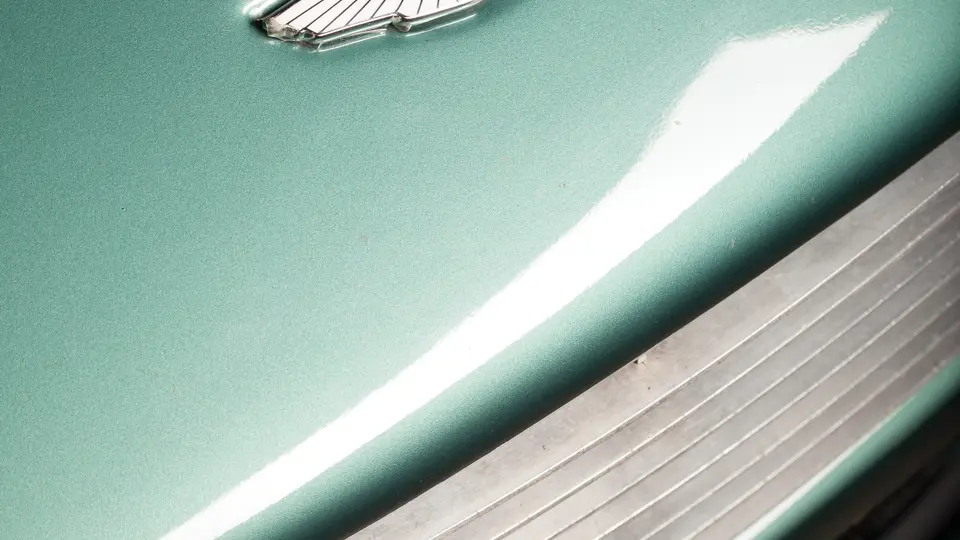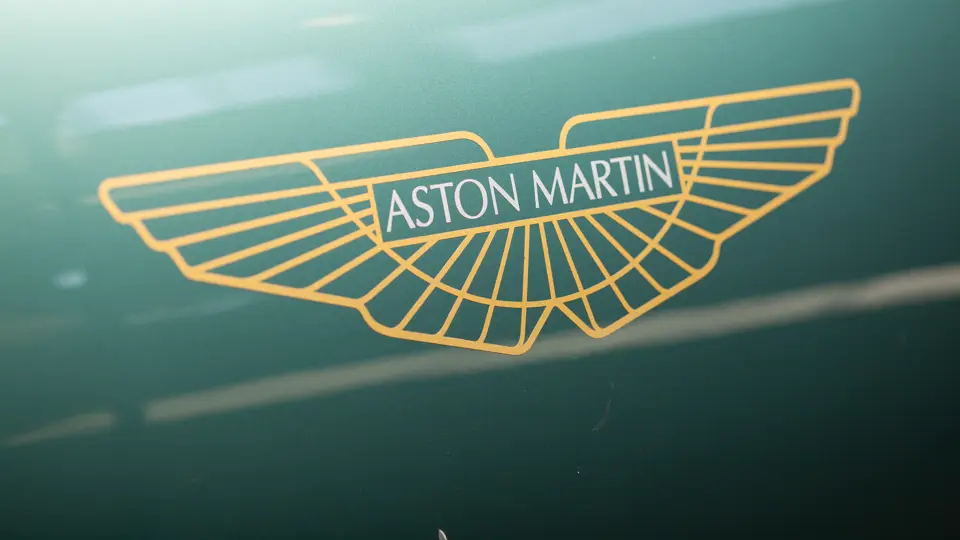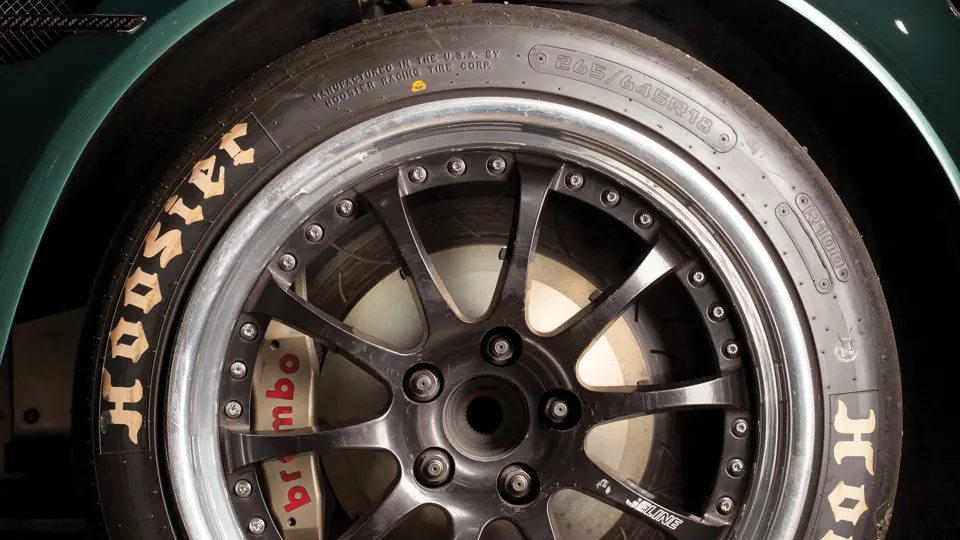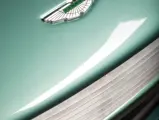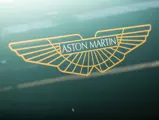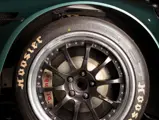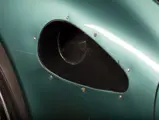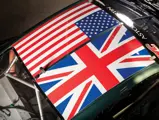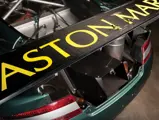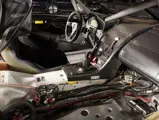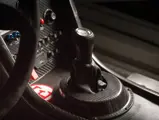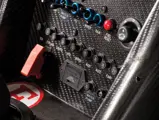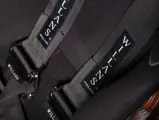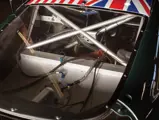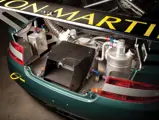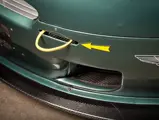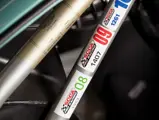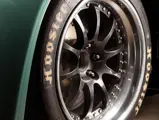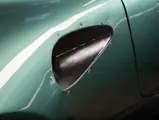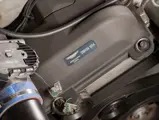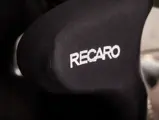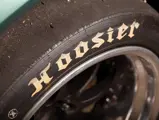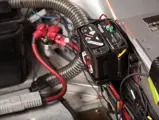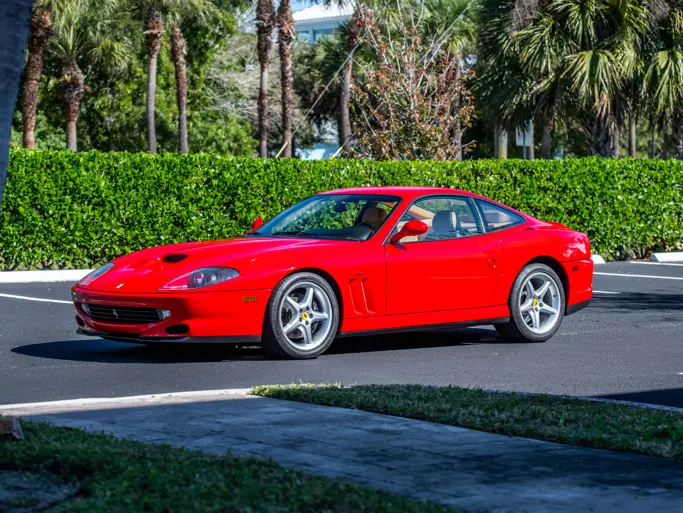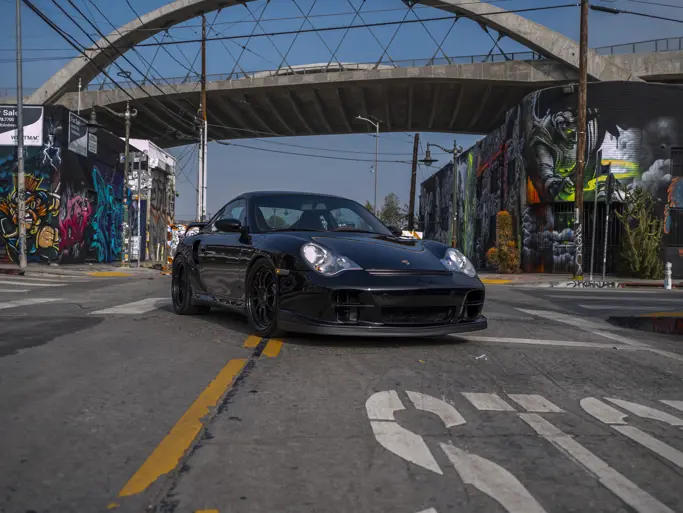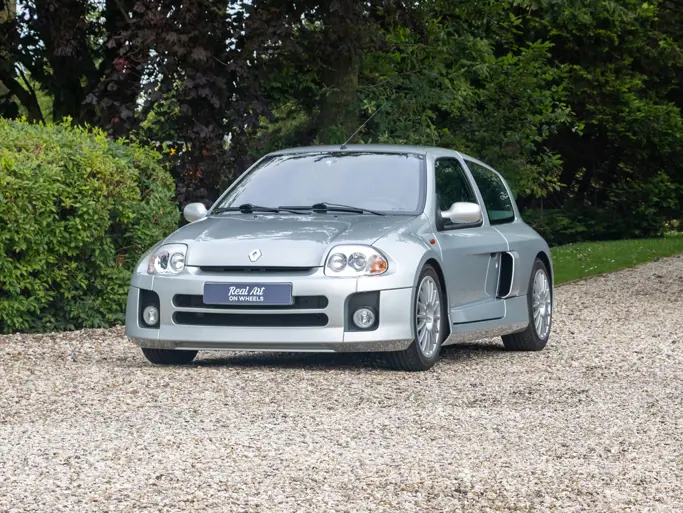600 bhp, 5,935 cc DOHC aluminum V-12 engine, six-speed sequential manual transmission, front and rear independent suspension with double wishbones and adjustable Moton shock absorbers with adjustable sway bars, and four-wheel ventilated disc brakes. Wheelbase: 108 in.
When produced, Aston Martin’s DBRS9 was intended to be a more useful alternative to the all-out DBR9, which was built for the Le Mans GT1 class, fielded by the factory team, and proved a very expensive proposition to build and run. While the DBR9 saw impressive success on race tracks around the world, including at Le Mans and Sebring, the DBRS9 was conceived for competition in the GT3 class. Since the car provided the majority of the performance of its older sibling for only a fraction of the complexity, purchasing a DBRS9 proved tempting to many teams and individuals looking to go racing in Aston Martin’s contemporary commitment to motorsport.
Chassis DBRS9/7 was delivered new to Autosport Designs, of Huntington Station, New York, in February 2006, and it was homologated to SCCA Speed World Challenge GT specifications and campaigned throughout the season. Following the 2006 season, numerous upgrades were undertaken to further enhance this car’s performance. The engine was now capable of producing 600 horsepower, thanks to a conversion to dry-sump lubrication and the fitting of an upgraded crankshaft, pistons, connecting rods, and new Vanquish S cylinder heads. The Koni suspension was also updated to use Motor shock absorbers with adjustable sway bars.
Prior to the 2008 season, the car was sold from Autosport Designs to John Sinders, who had it further upgraded by Rahal Letterman Racing for use in the SCCA Pro Racing World Challenge series. The chassis was heavily revised, including shifting five percent of the car’s weight distribution to the rear of the car, lowering the ride height by an inch, and revising the suspension format. In this specification, the car was raced three times in the 2008 and 2010 seasons, earning pole position at Road Atlanta and fastest lap at Mid-Ohio. Then, following the 2010 season, the car was sold to Rick Mancuso, of Lake Forest Sports Cars, who finished it in its current Aston Martin Racing Green livery. It was then acquired by collector Jeff Urbina, who in turn sold the car to the current consignor.
Included with the sale of the car is a Stack data acquisition system with engine, chassis, and suspension sensors to analyze the car’s performance, a quick-release steering wheel, a driver’s cool suit, air jacks, and a two-way radio.
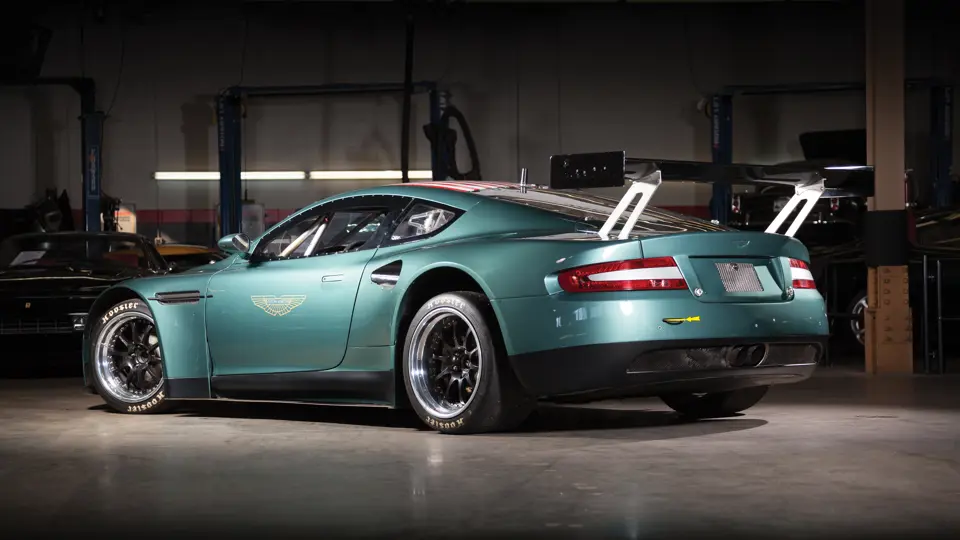
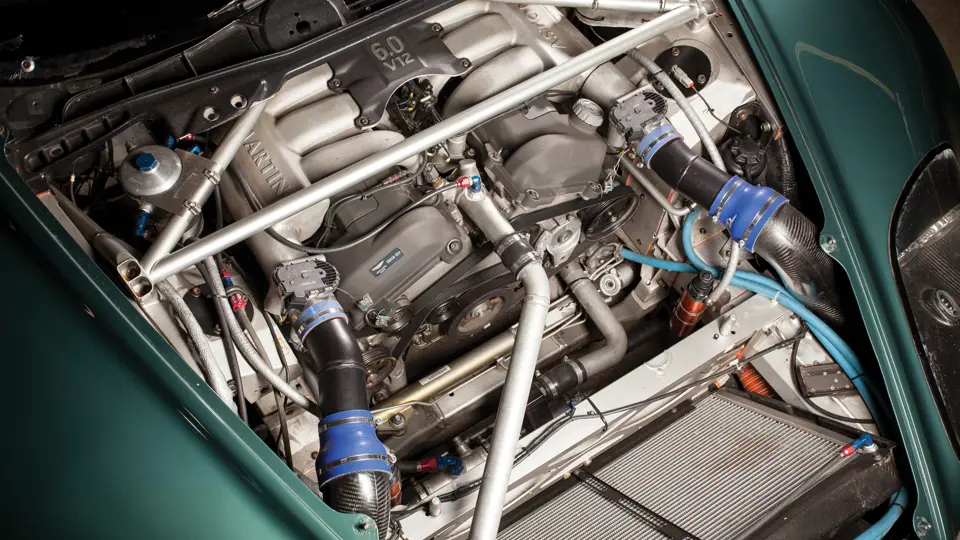
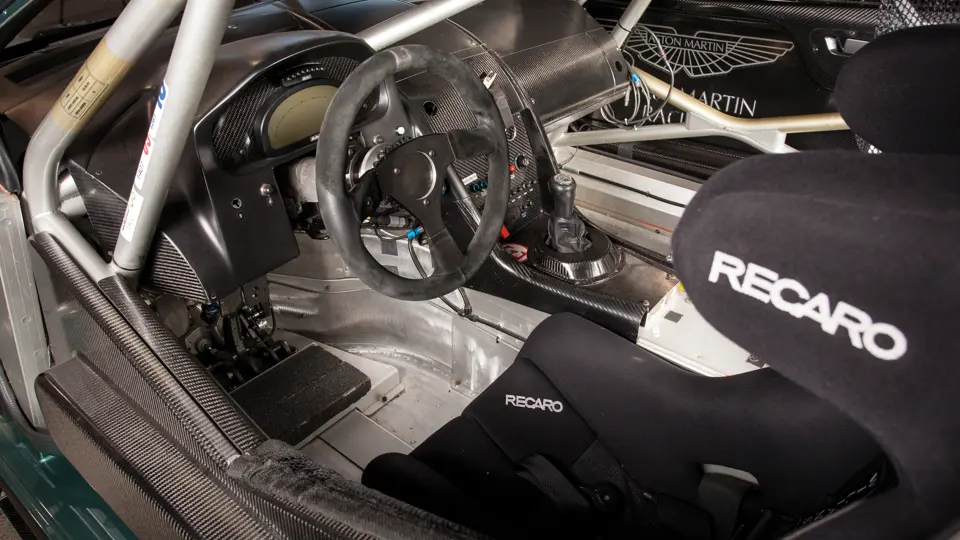

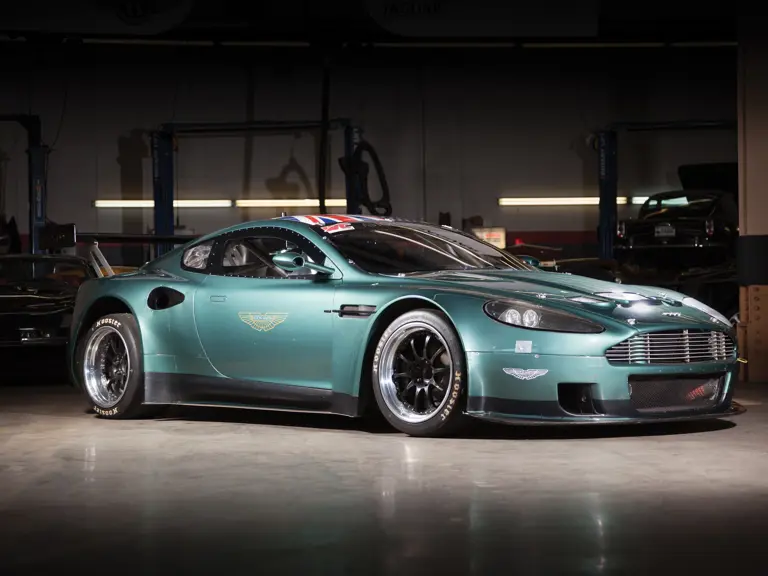
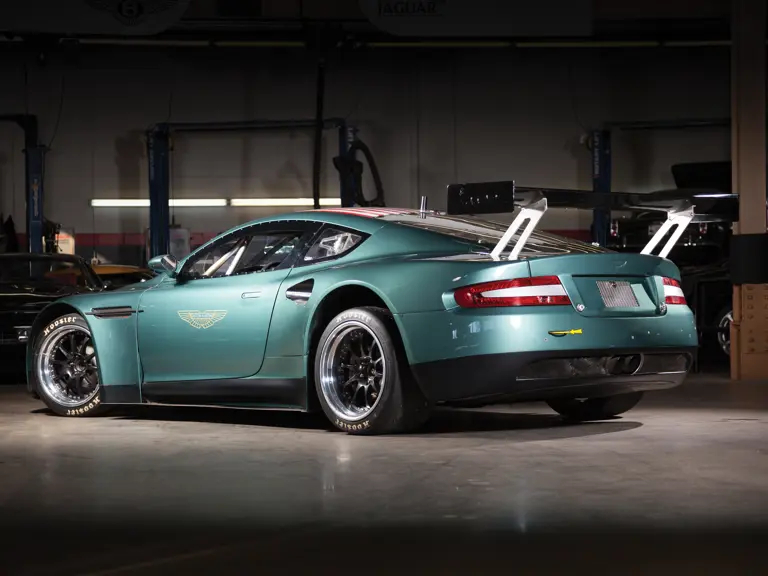
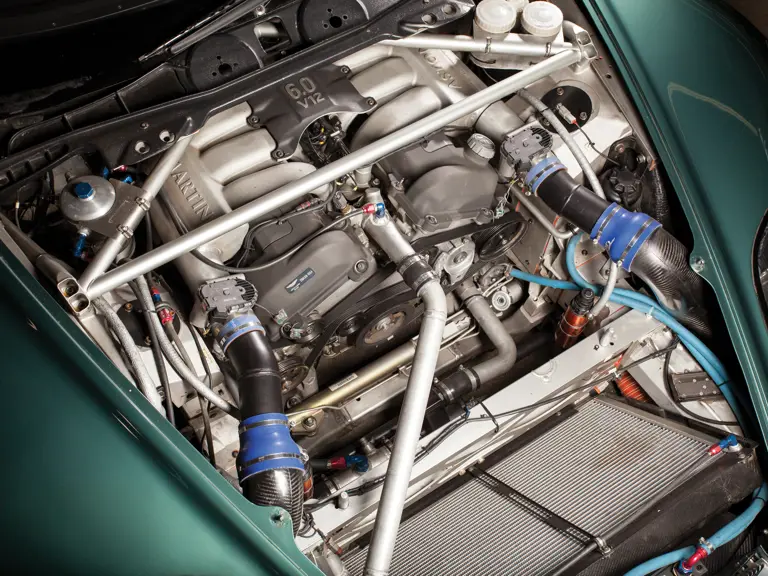
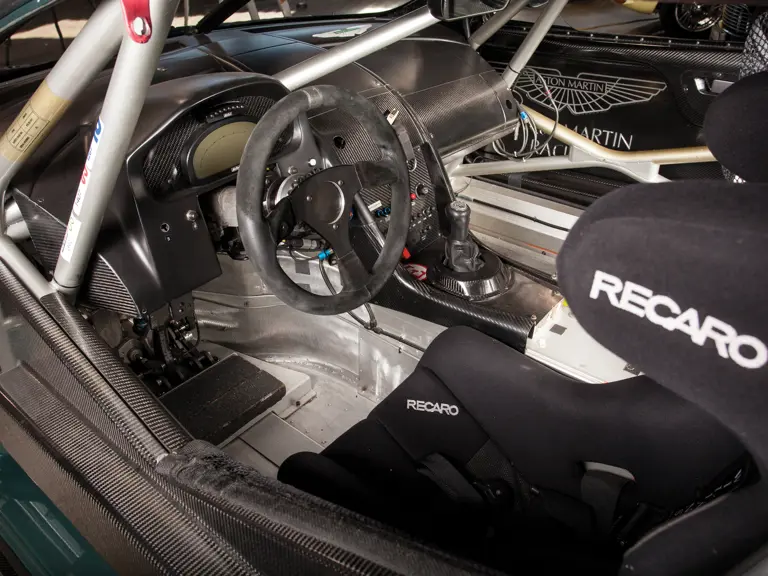
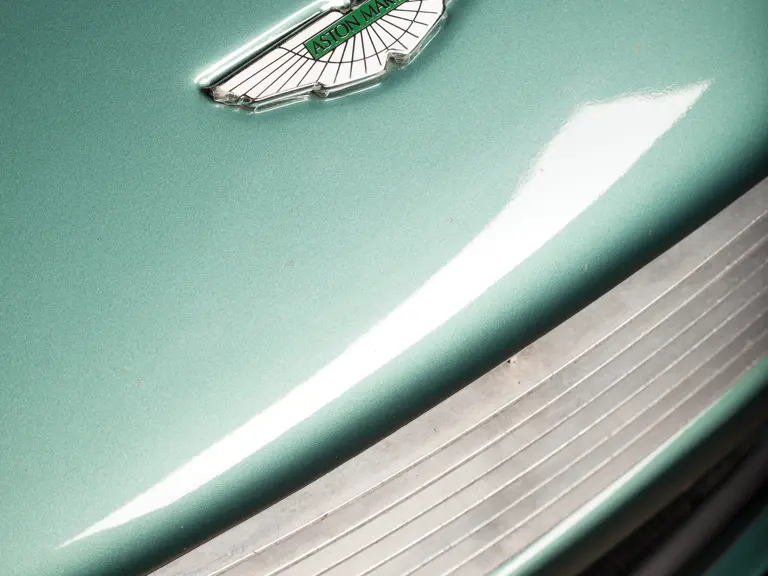
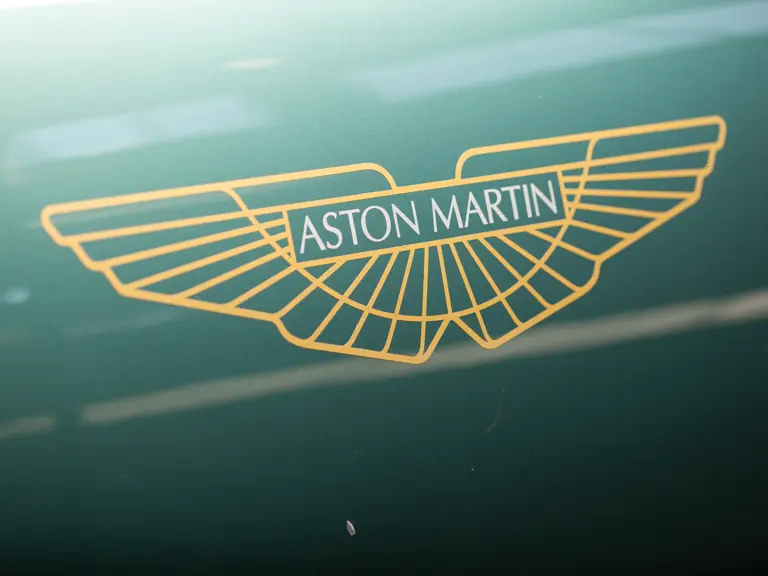
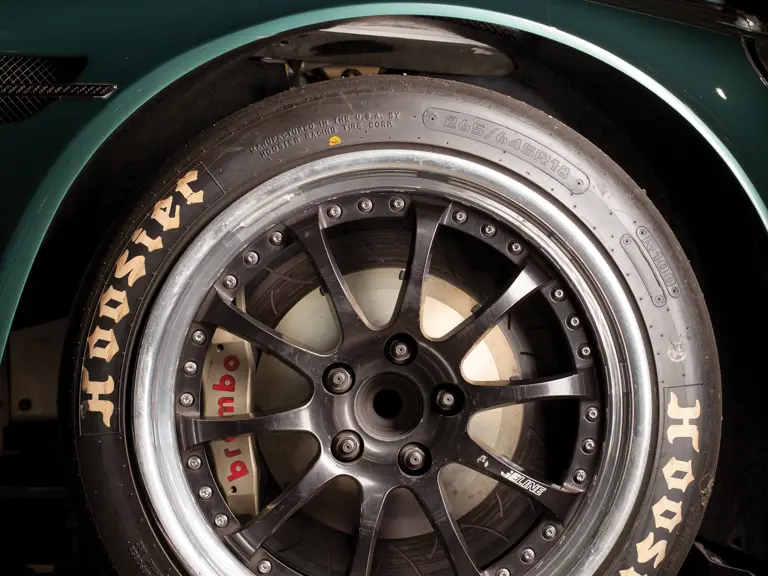
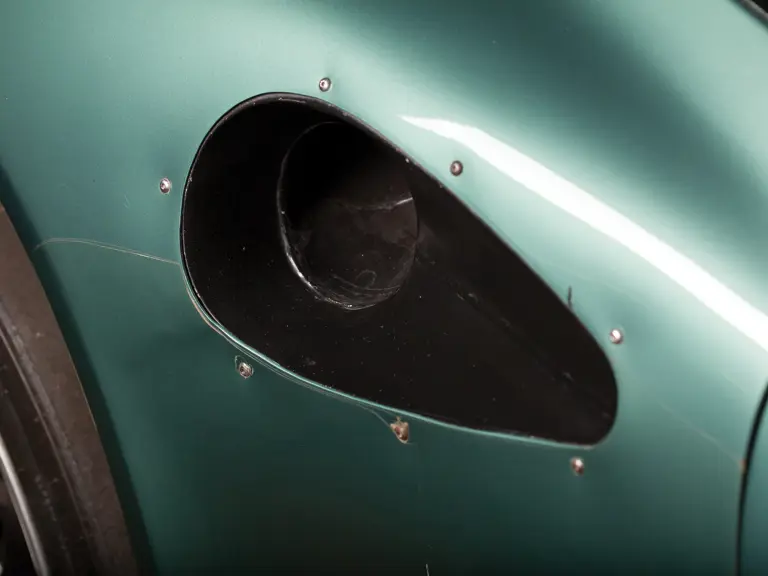
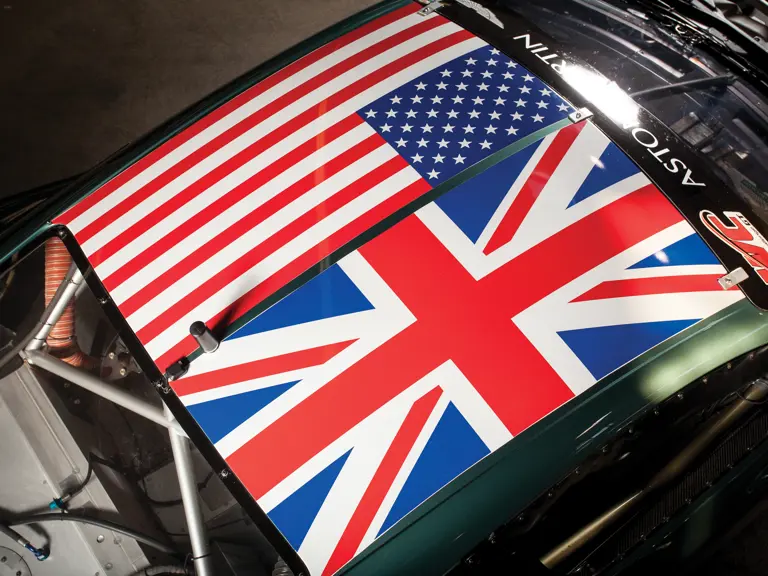
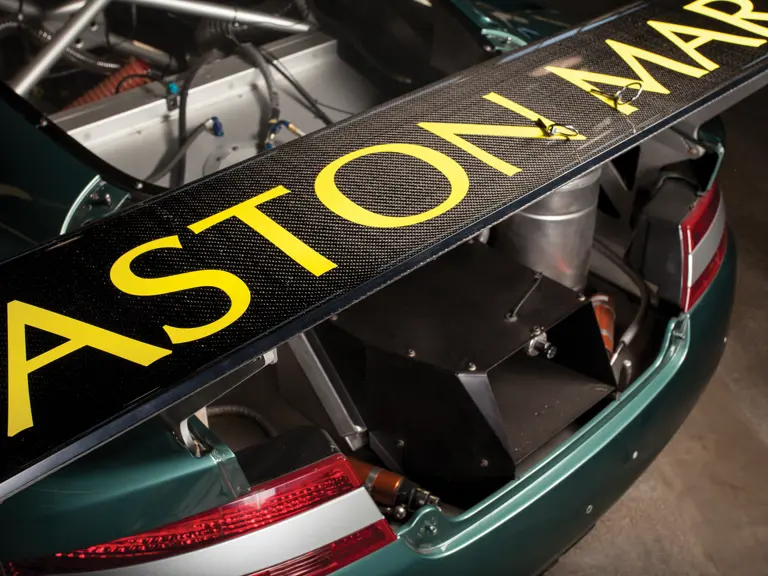
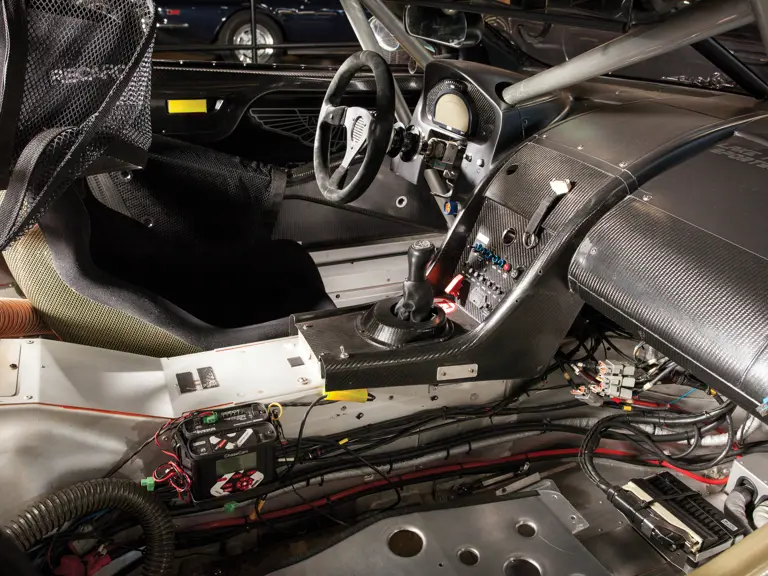
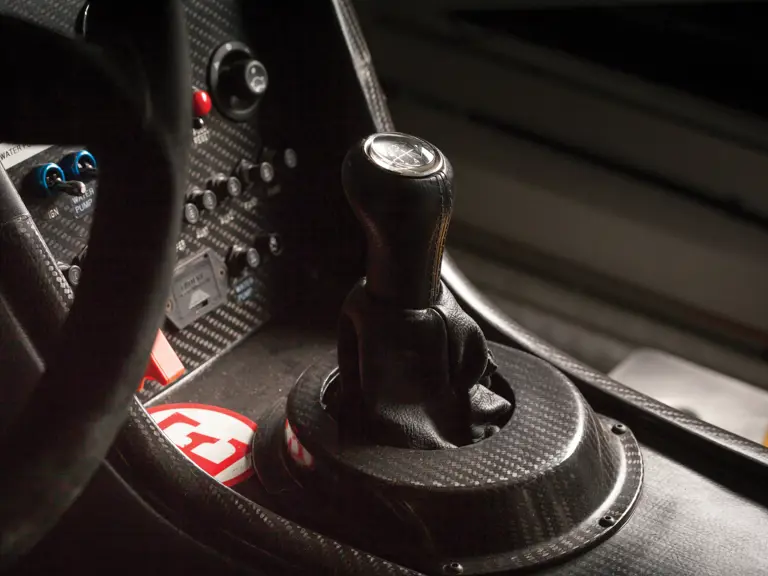
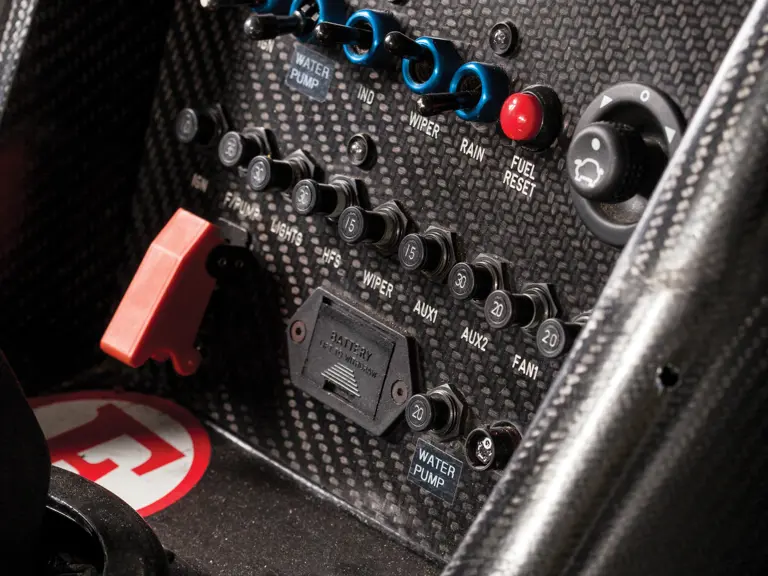
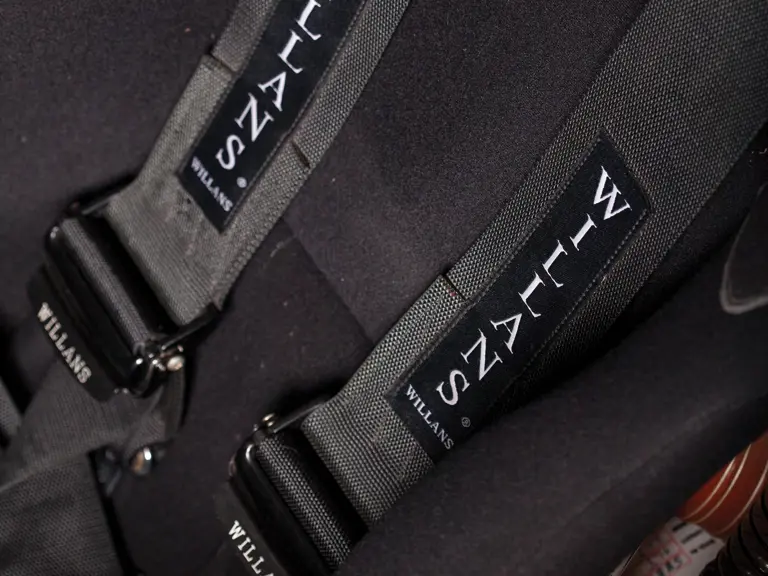
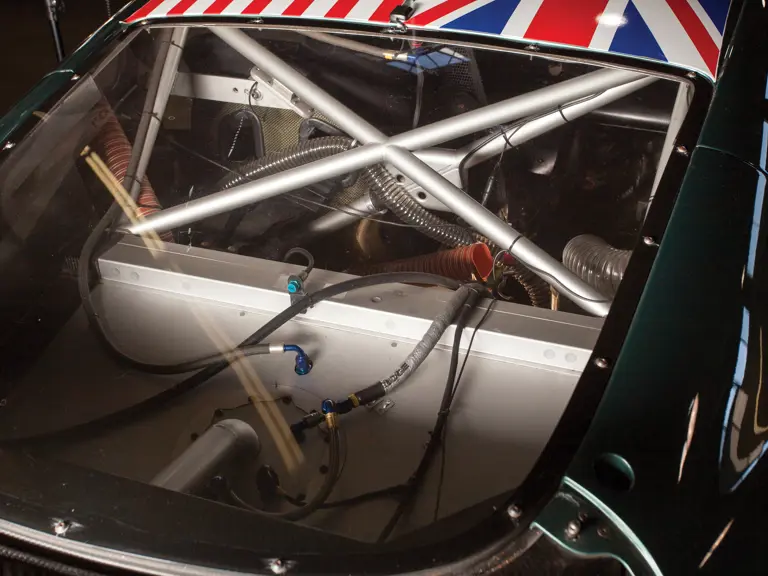
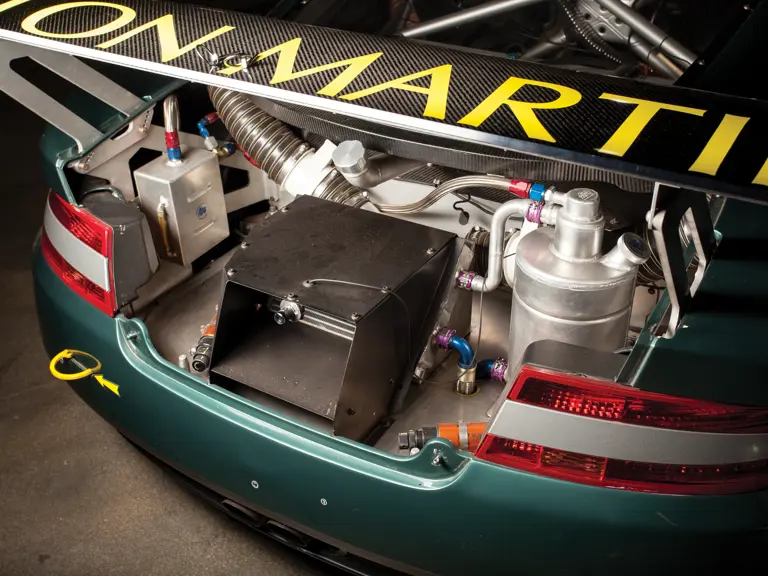
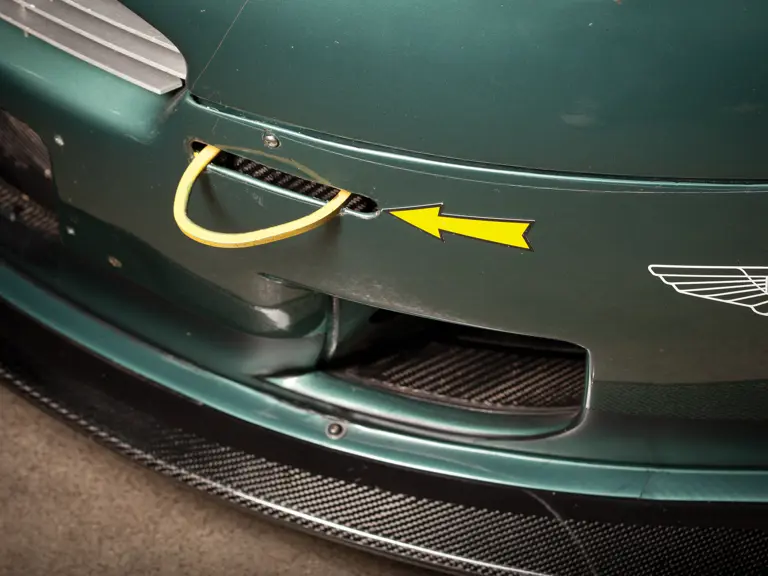
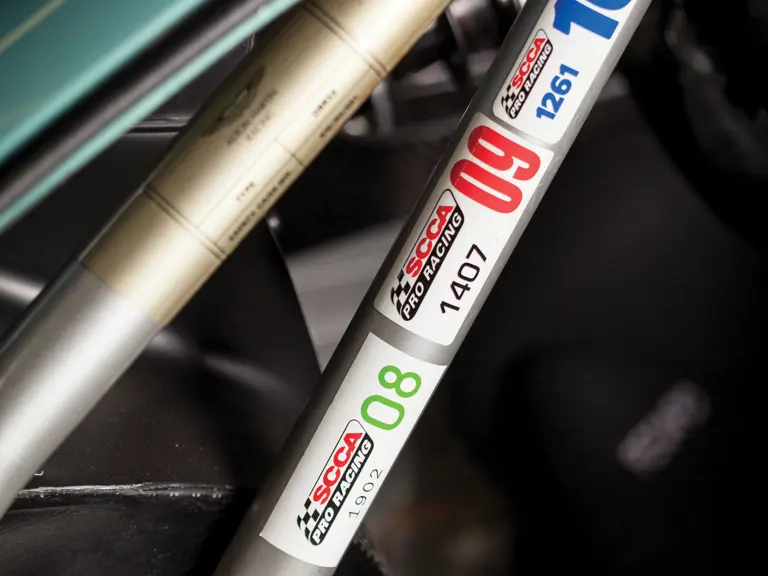
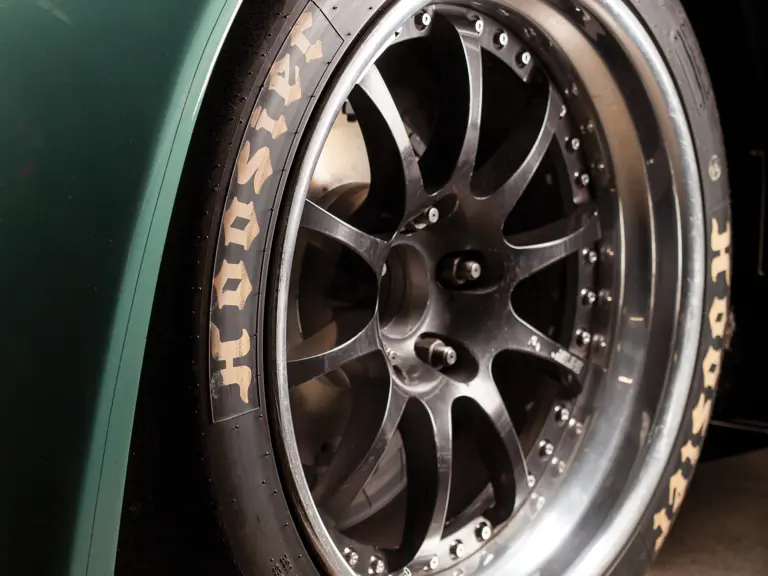
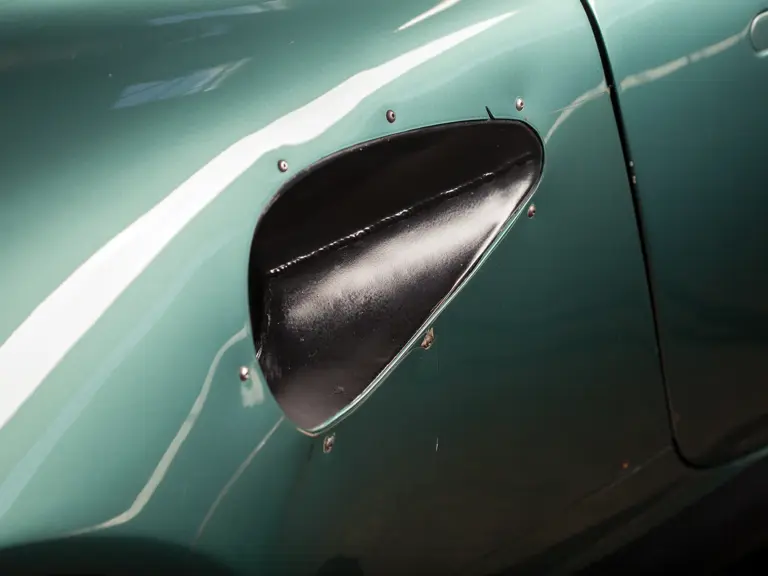
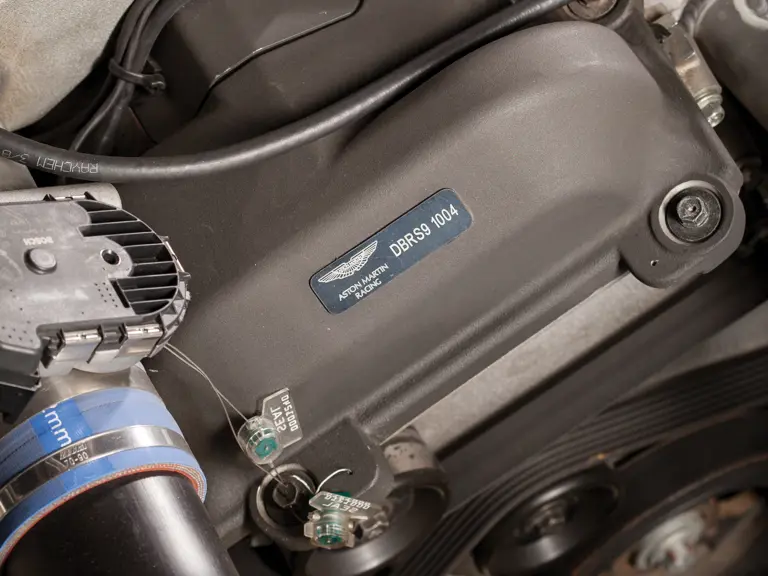
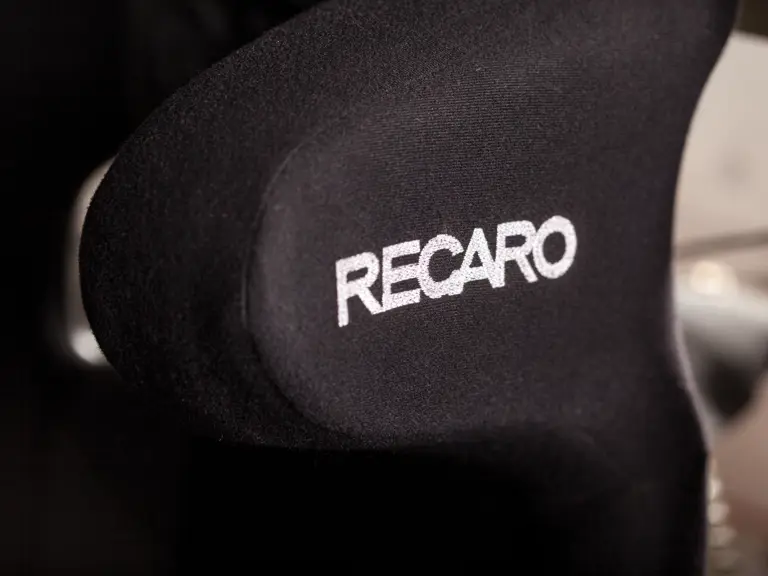
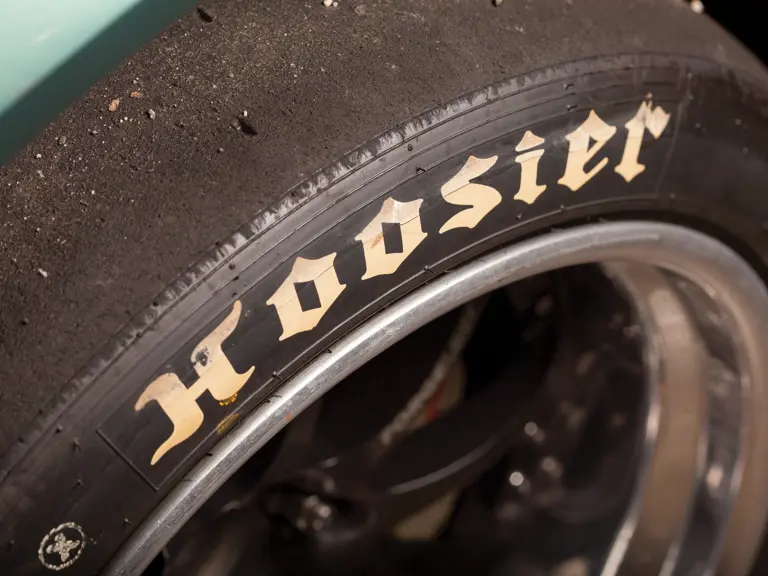
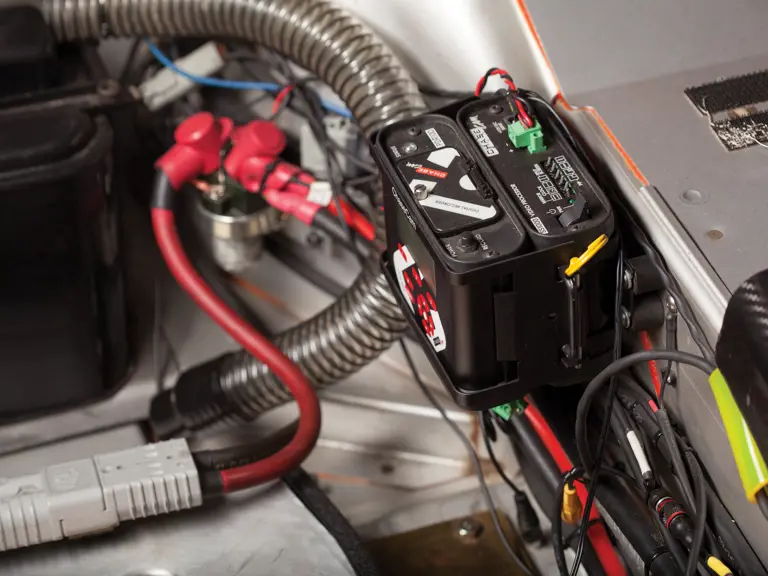
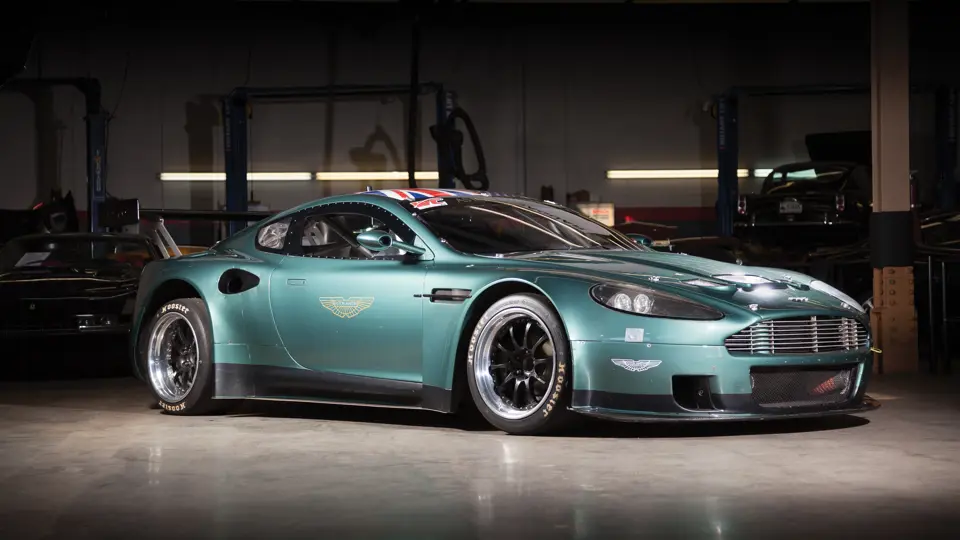
 | Amelia Island, Florida
| Amelia Island, Florida
